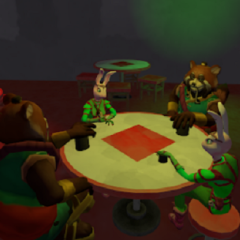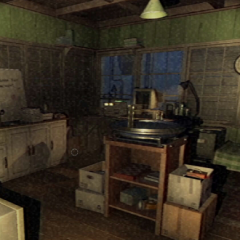Family Life
Family Life is a life simulation game that allows players to step into the everyday routines and responsibilities of managing a household. The game offers a range of scenarios where players take on different roles within a family, such as parent, child, or even caregiver, depending on the situation. From managing schedules and balancing chores to maintaining relationships and responding to unexpected events, the game captures the details of ordinary life through interactive storytelling and choice-based mechanics. It encourages players to think carefully about time, communication, and priorities within a virtual home.
Building Routines and Managing Time
A key element of Family Life is the dynamic time system that governs daily activities. Players must coordinate multiple members of the household, ensuring they get to school, work, appointments, and social gatherings. Household tasks like cooking, cleaning, and budgeting must be managed, often under time pressure. The passage of time in the game reflects the consequences of decisions — skipping meals, missing important events, or neglecting emotional needs can lead to complications. As the days progress, players must learn how to balance structure with flexibility to keep their family stable and thriving.
Throughout gameplay, players engage with systems such as:
· Character-specific goals and responsibilities
· Dynamic emotional responses based on player choices
· Household resource management (money, food, time)
· Story events that affect family members differently
· Aging and long-term consequences over time
· Decision trees that shape the outcome of each character’s life
Emotional Development and Relationships
Family Life emphasizes emotional intelligence and communication. Conversations between characters are shaped by mood, recent events, and relationship strength. Players are encouraged to resolve conflicts, support one another, and create lasting bonds through interaction and shared experiences. Choices made during dialogue or events can result in long-term effects, such as trust-building or emotional distance. The emotional layer adds depth to the gameplay and reinforces the importance of empathy, patience, and understanding in maintaining a functional household.












































